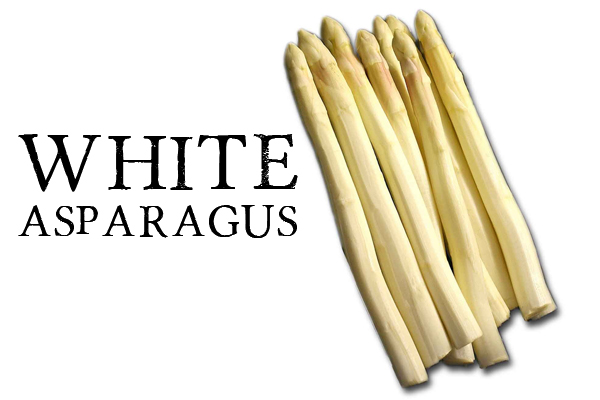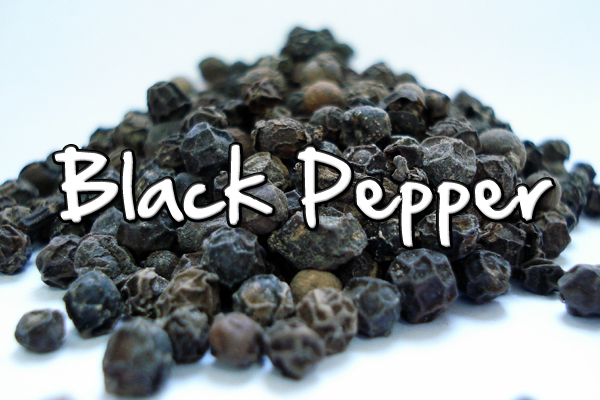I like black peppercorns which seem to be rather under appreciated these days. It was Portuguese explorer Vasco da Gama who discovered the Malabar Spice Coast of India back in 1498 – the birthplace of pepper. More valuable in the old days than presently black pepper was used by the rich to spice up their foods and as a possible cure for the Black Plague. Today it still is considered an energy of nature that helps cool the body temperature down as it causes perspiration and has medicinal anti-viral properties. In the Middle Ages it was as valuable as cash so that workers were not allowed to wear trousers with pockets or cuffs while on the job – just like diamonds! India was the leading producer for long time but diseases lowered crop yields substantially and newcomers like Vietnam (now the major exporter since 1999), Indonesia, Brazil. Malaysia and others are now competing.
The harvest begins with the picking of the green berries and then leaving them in the sun for several days where the pepper around the seed shrinks and darkens. Though black pepper is still cheap at the farmer source markups along the way drive the price higher on the retail market. However it is bargain. If it was called truffle they could charge a lot more. I always bring some choice black peppercorns back to Vancouver on every European trip. My favourite is Poivre Sauvage de Voatsiperifery – not cultivated but a wild jungle small black pepper with the stem attached from Madagascar. Just bought a package this month of 125 grams for only 7.60 euros. Also enjoy Poivre noir de Kampot – full grained black peppercorns from Cambodia. You haven’t really tried black pepper till you have used some of these. So fresh intense and fiery but subtle and with the best aromatics outside your most expensive bottle of mature Syrah. Some chefs prefer using invisible white pepper on their omelets but for pure ecstasy freshly ground top flight black pepper flecks is the way to go. A little goes a long way. Helps out so many food dishes.
Check out this link for some of these. The website indicates that it is currently unavailable. Also that it is rare with only 15ookg/year harvested with a shelf life of 3 years. They also have organic Kampot, Tasmanian Mountain wild pepper and other black peppers worth exploring. Have fun experimenting.
You might also like:
 |
 |
 |
